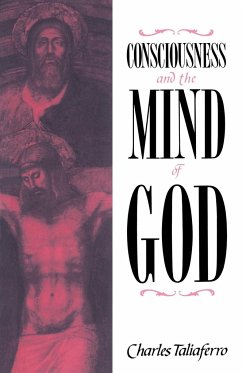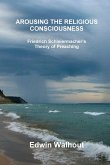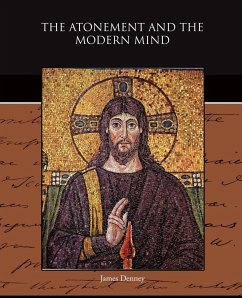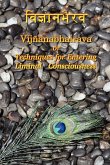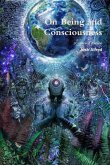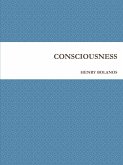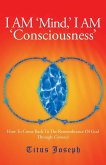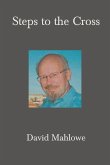A highly sophisticated and convincing attempt to defend the notion of God as a non-physical, spiritual reality.
This work addresses the challenge of contemporary materialism for thinking about God. The book examines contemporary theories of consciousness and defends a non-materialist theory of persons, subjectivity and God. A version of dualism is articulated that seeks to avoid the fragmented outlook of most dualist theories. Dualism is often considered to be inadequate both philosophically and ethically, and is seen as a chief cause of denigrating the body and of promoting individualism and scepticism. Charles Taliaferro defends a holistic understanding of the person-body relationship in which the two are distinguishable yet integrally related. This integrated dualism is spelled out in a way that avoids the ethical and philosophical problems associated with other dualistic accounts, especially in its Platonic and Cartesian forms. A defence is then made of the intelligibility of thinking about God as non-physical, yet integrally present to creation. Charles Taliaferro is co-editor of the forthcoming A Companion to Philosophy of Religion, with Philip Quinn. He has had work published in, among others, The Philosophical Quarterly, Metaphilosophy, Philosophy and Phenomenological Research, and Philosophia.
Table of content:
Introduction; 1. Consciousness; 2. The material world; 3. Persons and bodies; 4. God and the world; 5. The omnipresence of God; 6. Integrative theism; Conclusion; Select bibliography.
Hinweis: Dieser Artikel kann nur an eine deutsche Lieferadresse ausgeliefert werden.
This work addresses the challenge of contemporary materialism for thinking about God. The book examines contemporary theories of consciousness and defends a non-materialist theory of persons, subjectivity and God. A version of dualism is articulated that seeks to avoid the fragmented outlook of most dualist theories. Dualism is often considered to be inadequate both philosophically and ethically, and is seen as a chief cause of denigrating the body and of promoting individualism and scepticism. Charles Taliaferro defends a holistic understanding of the person-body relationship in which the two are distinguishable yet integrally related. This integrated dualism is spelled out in a way that avoids the ethical and philosophical problems associated with other dualistic accounts, especially in its Platonic and Cartesian forms. A defence is then made of the intelligibility of thinking about God as non-physical, yet integrally present to creation. Charles Taliaferro is co-editor of the forthcoming A Companion to Philosophy of Religion, with Philip Quinn. He has had work published in, among others, The Philosophical Quarterly, Metaphilosophy, Philosophy and Phenomenological Research, and Philosophia.
Table of content:
Introduction; 1. Consciousness; 2. The material world; 3. Persons and bodies; 4. God and the world; 5. The omnipresence of God; 6. Integrative theism; Conclusion; Select bibliography.
Hinweis: Dieser Artikel kann nur an eine deutsche Lieferadresse ausgeliefert werden.

